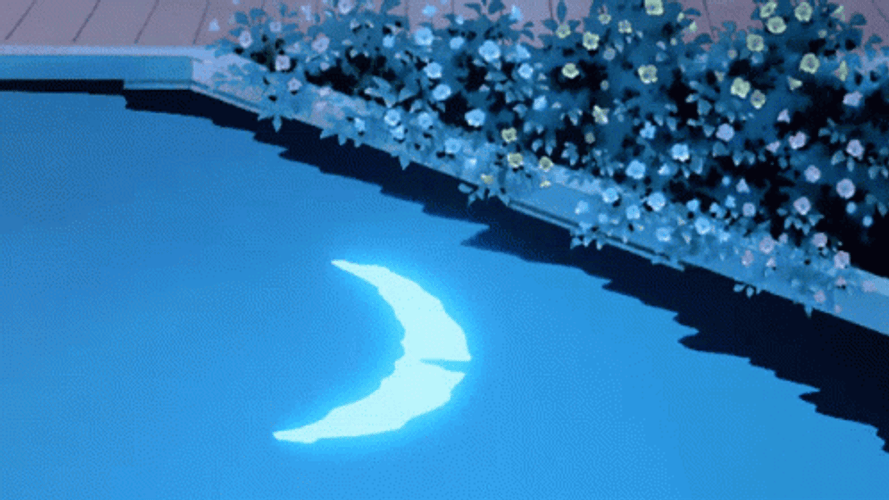The moon is beautiful, isn't it?
- Jul 7, 2024
- 4 min read
"The moon is beautiful, isn't it?" (月が綺麗ですね | tsuki ga kirei desu ne) holds significant cultural and poetic value, extending beyond mere language. Its origins are deeply rooted in Japanese culture, although it is less frequently used in modern times. The phrase leverages a subtle linguistic connection where "suki" (like/love) and "tsuki" (moon) share a phonetic similarity, allowing it to serve as a poetic expression subtly conveying feelings of affection and admiration.

Mount Fuji and a full moon are seen in this picture taken in Futtsu, Chiba Prefecture, on Feb. 26, 2013. (Mainichi/Koichiro Tezuka)
Cultural Context
In Japanese culture, direct expressions of emotions like love are often considered impolite or too forward. Therefore, phrases like "tsuki ga kirei desu ne" provide an indirect way to express affection, akin to a "code" or secret sign of admiration understood by those familiar with its cultural context.
This phrase has found resonance in popular media such as anime and manga, where it is used in more conversational but personal tones. For instance, in anime like "Demon Slayer," characters may employ it to subtly convey emotions, adding to its cultural relevance and usage in contemporary settings.
In essence, "The moon is beautiful, isn't it?" not only embodies a poetic appreciation of natural beauty but also serves as a nuanced expression of personal feelings within Japanese cultural norms of communication and etiquette.
Supposed Origins:
The saying revolves around a popular story involving Natsume Soseki, a prominent Japanese novelist and educator from the late 19th and early 20th centuries. According to this anecdote, which gained currency after World War II, Soseki was teaching English when a student translated "I love you" directly into Japanese. Allegedly, Soseki responded by advising the student that Japanese people do not express such feelings so directly and suggested translating it as "tsuki ga kirei desu ne" ("The moon is beautiful, isn't it?"), implying a more indirect and subtle expression of affection.
However, despite its widespread circulation, there is no historical evidence or documented record that Soseki ever made such a statement. The anecdote seems to have emerged and gained popularity in Japan from the 1970s onward, possibly influenced by evolving cultural perceptions and interpretations of Soseki's literary themes and his views on language and expression.
Thus, while the story has become well-known and is often associated with Soseki's cultural insights, it appears to be more of a post-war fabrication or urban myth rather than a factual account of something he actually said or did.
Breaking Down the Moon Symbolism:
The moon's symbolism is deeply rooted in human culture, providing layers of meaning that resonate universally across time and geography. Its mystique continues to inspire awe, contemplation, and artistic expression, making it a powerful symbol in literature, art, mythology, and spirituality.
The moon's enchanting beauty and elusive nature evoke feelings of romance, mystery, and allure. It has served as a muse for poets, artists, and lovers throughout history, symbolizing love, longing, and unattainable beauty.
How to respond?
“Shin demo ii wa” (I can die happy)This phrase can mean “I love you, too,” and is the most popular response. Use it to convey strong mutual love. Although it’s indirect and somewhat dramatic, the person will understand your true feelings.
Pronunciation: Remember that “ii” is pronounced like “e” in “she.” Stretch the sound out over two syllables: “eeee.”
“Sou desu ne” (It’s true, isn’t it?)This response can mean “You’re right” or “I agree,” subtly hinting that you feel the same way. The phrase “Sou desu ne” is a common Japanese expression familiar to any speaker.
Pronunciation: “Sou” is pronounced like “Soh” in “Oh,” with the “oh” part stretched out: “Sooooo.”
“Anata mo utsukushii” (So are you)Say this if you want to be more direct. While a Japanese person might not typically say this, it might be less surprising coming from a non-Japanese person.
Pronunciation: The “ii” is a long vowel, pronounced like “sheeee.”
“Hai, demo sore ni fureru koto wa dekimasen” (Yes, but you can’t touch it)Use this to indirectly but clearly turn someone down, implying that they may want you, but they can’t have you.
Note: Although this statement sounds blunt in English, its grammar in Japanese is respectful and polite.
The Moon as a Universal Connector

Despite cultural differences, "The moon is beautiful, isn't it?" acts as a universal connector. It brings people together by celebrating the shared human experience of marveling at nature's wonders. Across languages and cultures, this phrase is a poetic testament to the moon's enduring charm and its ability to inspire awe and admiration.
In essence, "The moon is beautiful, isn't it?" captures both a poetic appreciation of natural beauty and a subtle expression of romantic sentiment. Its timeless appeal lies in its ability to evoke emotions and connect people through a shared admiration for the moon's ethereal allure.
References
Scaling Up Excellence. "The Moon Is Beautiful, Isn't It?" Scaling Up Excellence, www.scalingupexcellence.com/the-moon-is-beautiful-isnt-it/. Accessed 2 July 2024.
To Speak Justice. "The Moon Is Beautiful, Isn't It?" To Speak Justice, 13 Jan. 2016, tospeakjustice.wordpress.com/2016/01/13/the-moon-is-beautiful-isnt-it/. Accessed 2 July 2024.
"Reading the Air." Japan Insider, www.japaninsider.com/reading-the-air/. Accessed 4 July 2024.
"The Moon Is Beautiful, Isn't It?" Tsuki World, www.tsuki.world/world/the-moon-is-beautiful-isnt-it. Accessed 4 July 2024."The Moon Is Beautiful, Isn't It?" WikiHow, www.wikihow.com/The-Moon-Is-Beautiful-Isn%27t-It#_note-3. Accessed 4 July 2024.
Furue, M. "Japanese Pronunciation Guide." International Pacific Research Center, University of Hawaii, iprc.soest.hawaii.edu/users/furue/jp-pron.html. Accessed 4 July 2024.
"The Moon Is Beautiful, Isn't It?" WikiHow, www.wikihow.com/The-Moon-Is-Beautiful-Isn%27t-It#_note-5. Accessed 4 July 2024.
"Love in the Time of Corona: What the Pandemic Has Taught Us About Japanese Affection." Mainichi Japan, 11 June 2020, mainichi.jp/english/articles/20200611/p2a/00m/0na/002000c. Accessed 4 July 2024.






Comments